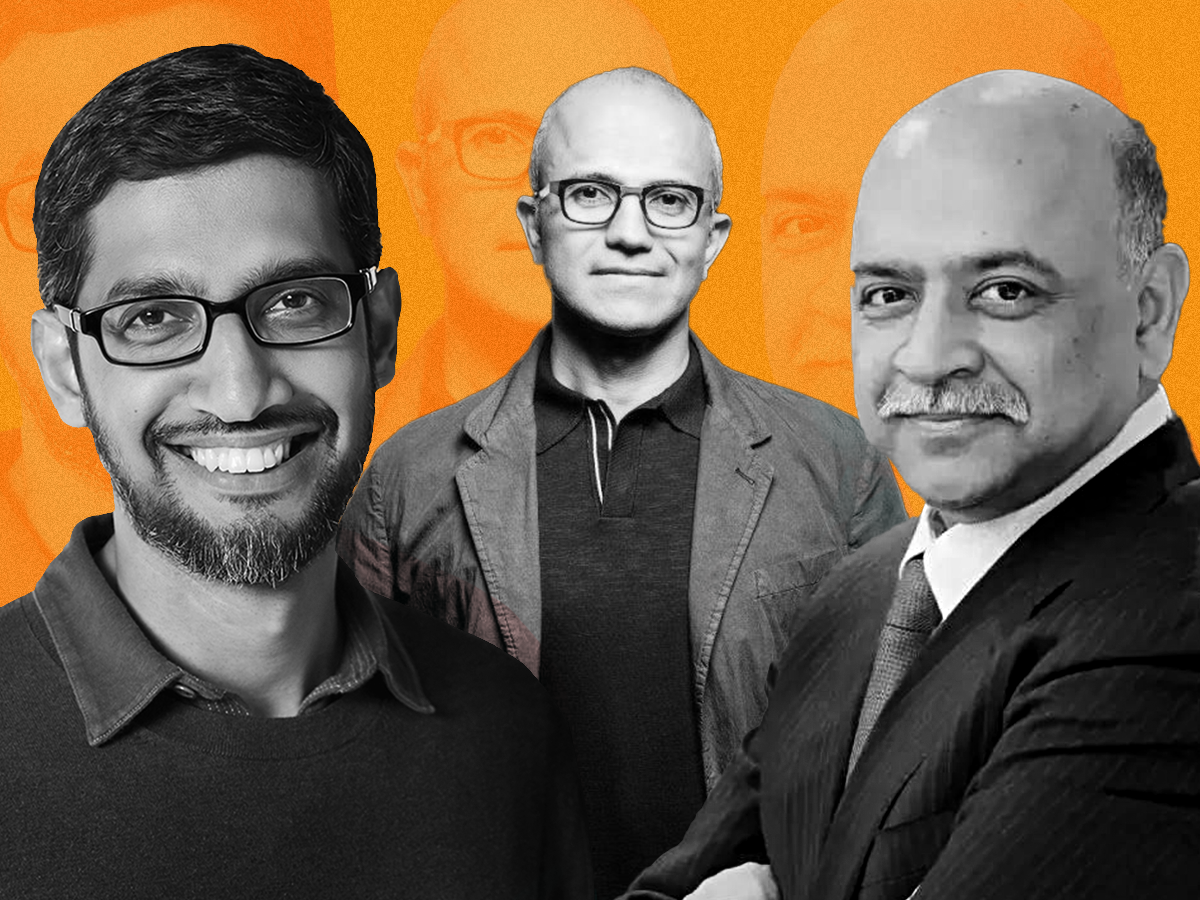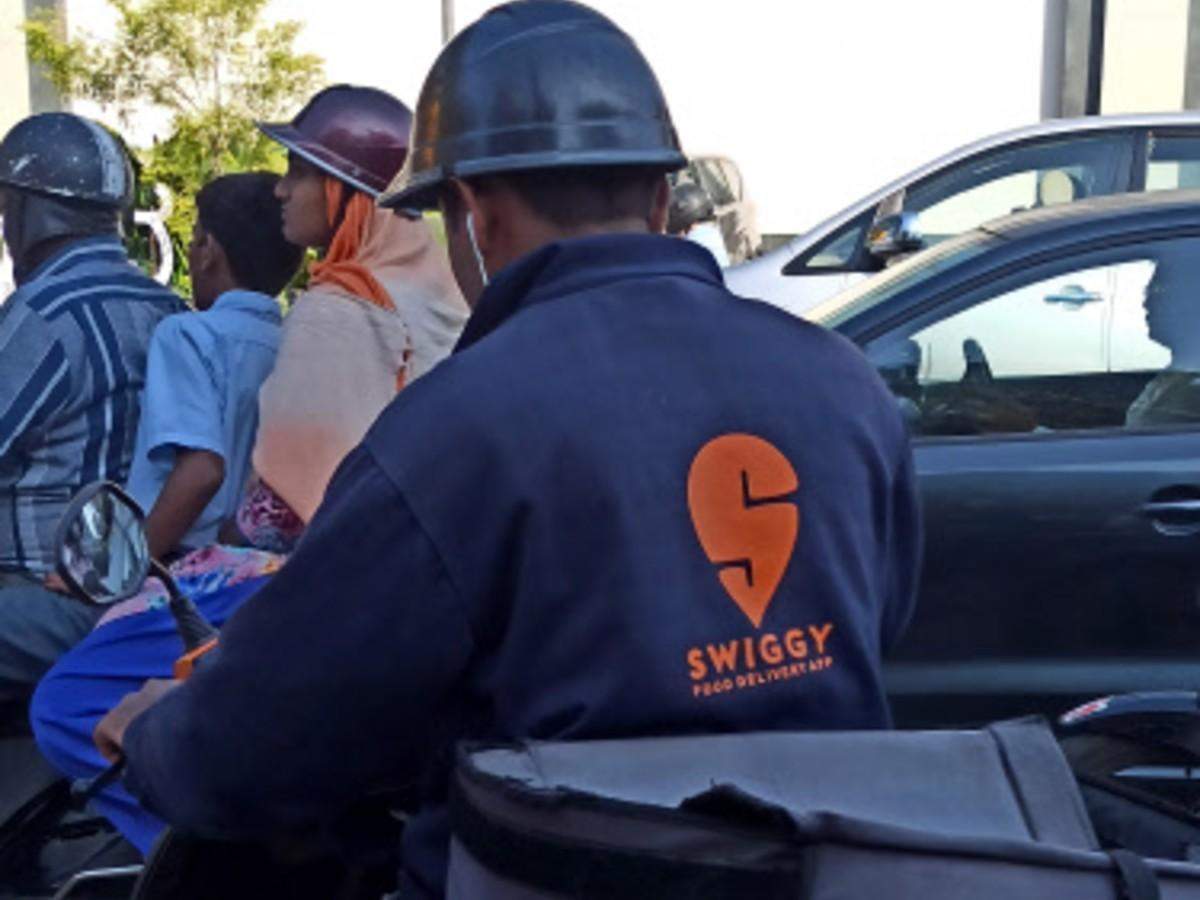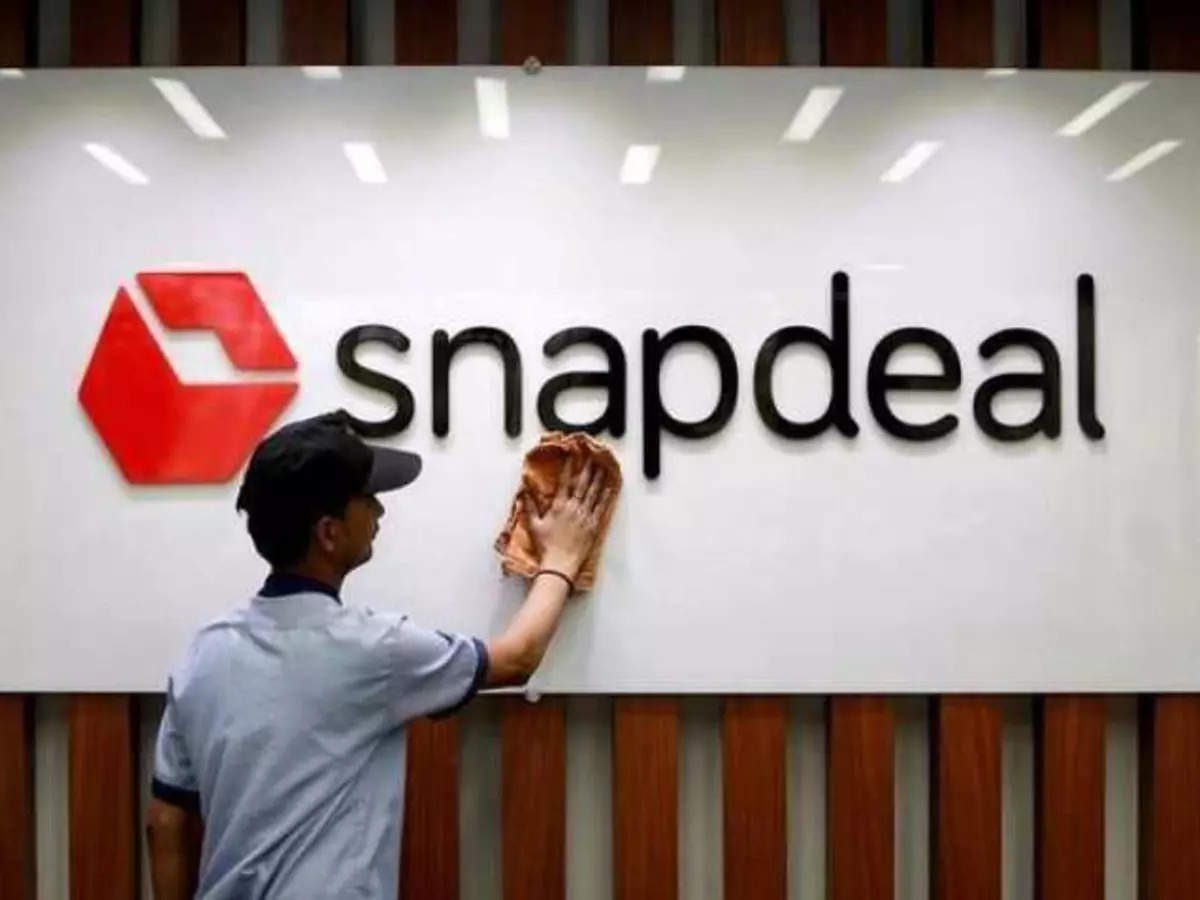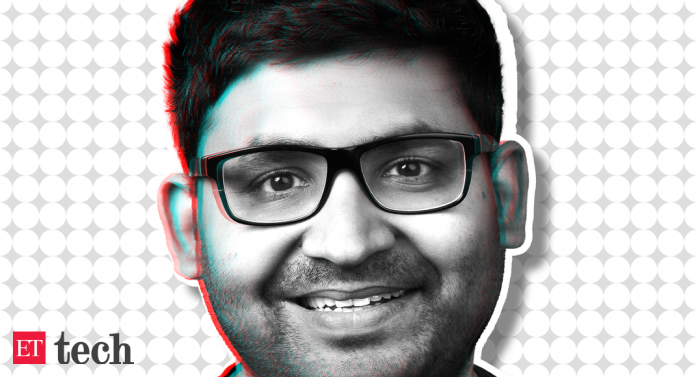The microblogging platform has updated its private information safety policy to bar sharing images or videos of private individuals without their consent. The move comes a day after Agrawal took the helm of the company from cofounder Jack Dorsey.
But a lot more needs to be done, especially with regard to Twitter’s operations in India where the microblogging platform has been at loggerheads with the Narendra Modi government over what constitutes free speech.
Also in this letter:
- WFH works, say hybrid workers
- Instamart’s instant success
- Zomato gives restaurants ‘Wings’
Parag Agrawal takes charge of Twitter at a critical juncture
Twitter’s new CEO Parag Agrawal.
Mumbai-born Parag Agrawal’s ascension to the post of Twitter CEO could stoke greater adoption of local innovation and calm regulatory turbulence faced by the world’s largest microblogging platform in key markets such as India.
That’s according to company executives and privacy experts, who believe that he will have to do a bit of a balancing act. Cyber law expert Pavan Duggal is expecting “a more balanced, nuanced view” as “he is from India and understands the Indian ecosystem, ethos and laws”.
- “Twitter’s commitment to freedom of speech can’t be doubted or faulted but if you operate in a jurisdiction, you have a choice of either complying with the laws or vacating it,” Duggal told us.
Public policy experts are of the view that the strong “ethnicity connect” with India does help firms like Google, Microsoft, IBM and Adobe, all of which are led by India-born CEOs. Twitter’s case should be no different.

(From left) Alphabet CEO Sundar Pichai, Microsoft CEO Satya Nadella and IBM’s Arvind Krishna.
“The Indian government and political leadership connects better to ethnic Indian leaders and could be less abrasive with them than they have been with Twitter leadership,” said Prasanto K. Roy, a public policy expert. “New Delhi’s expectations could also go up—for instance, that all engagement must happen with Parag Agrawal and not an India-based CEO.”
Govt reaction: Agrawal’s appointment was welcomed by India’s junior technology minister.
“For decades, Indians in the US — like my generation — distinguished themselves in design development roles…,” Rajeev Chandrasekhar said. “Satya Nadella, Sundar Pichai, Arvind Krishna and now Parag Agrawal and so many others have rewritten the narrative of Indian geek engineers into one of hard-charging global technology business leaders.”
- India is Twitter’s second largest market after the US with 58.5 million users. It recently came under government scrutiny for refusing to delete accounts and tweets linked to farmer protests, citing “freedom of speech”. It eventually complied after the Delhi High Court said the government was free to take any action against it.
India-led innovation: Twitter aims to double its revenue by 2023 and India—being its biggest market outside of the US—would play a crucial role in achieving the target.
Company executives are of the view that Agrawal’s Indian roots may lead to a lot more innovation being sourced from here both for Twitter’s local and global markets.
Still, Twitter will have to ramp up its India leadership, engagement and public policy.
“His (Agrawal’s) Indian origin will give him insights into India that his predecessor may not have had, and into Indian needs. I’d expect to see more India-relevant products up ahead, driven partly by an ‘Indian chief’ at the helm,” Roy said.
Related Coverage
About 50% Indian hybrid workers vouch for WFH

Nearly five in 10 hybrid workers in India consider themselves more productive while working remotely, a survey by Gartner Inc. showed, with the choice of location and flexible work hours being the top enablers of productivity in a hybrid work landscape.
Increased productivity: Indian workers said they were more productive working remotely as they did not have to deal with pronounced traffic conditions that could span three to four hours each way. Contrary to counterparts in China or Japan, Indian workers preferred virtual meetings over in-person ones.
- “Improved digital dexterity, willingness to use real-time mobile messaging and virtual meeting solutions, along with scheduled flexibility, led to employees experiencing an uptick in their overall productivity while working from home,” said Rashmi Kotipalli, principal research analyst at Gartner.
The forecast: Gartner forecasts that by the end of 2022, the share of knowledge workers working remotely will increase to 47%, up from 27% in 2019.
Swiggy’s Instamart now has over two million active users

Swiggy’s ultra-fast grocery delivery service, Instamart, crossed 2 million transacting users, the food delivery platform said in an Instagram post.
- Instamart specialises in grocery deliveries in 15-30 minutes. The pilot service was launched in August last year in Gurugram and Bengaluru. It has since expanded to 17 cities, amid a push to scale up this business vertical.
Swiggy cofounder and CEO Sriharsha Majety had told ET in an interview in July that as much as 25% of its revenue was coming from non-food delivery businesses, which would grow further in the next five years.
Ramping up: The company is investing a significant chunk of its recently raised capital to scale up its non-food delivery verticals. ET reported on September 28 that Swiggy was in talks to close another financing round at a $10-billion valuation, double that of its previous round, led by US asset manager Invesco, in what is a likely re-rating exercise stoked by Zomato’s market capitalisation.
Also Read: Reliance JioMart turns to WhatsApp to break Amazon’s grip on grocery
Tweet of the day
Zomato launches ‘Wings’ to help restaurants secure funding

Zomato has announced a new programme, Zomato Wings, to help restaurants and cloud kitchens secure funding. The move comes when the hospitality sector is faced with a double whammy of scarcity of funds and patrons due to the pandemic.
- “While some large chains have attracted investors, we have barely scratched the surface — in the last three years, only about 25 restaurants and cloud-kitchens saw Series A or larger equity funding rounds, as per (industry tracker) Tracxn,” Zomato’s cofounder and CEO Deepinder Goyal wrote in a blog post last week.
A four-member ‘Wings’ team, which is part of its overall supply team, will oversee these deals, a Zomato spokesperson told us. It will help select restaurants and cloud kitchens “position their story and metrics in the right manner and connect them with right investors”. Zomato will not invest in restaurants or cloud kitchens, in order to avoid any conflict of interest with other brands.
Thorny relationship: The food delivery major has had a thorny relationship with India’s restaurant community over the last few years as the industry absorbed shocks of multiple lockdowns due to the pandemic.
Earlier this year, the National Restaurant Association of India filed a complaint with the Competition Commission of India, alleging bundling of services, data masking, exorbitant commissions, and deep discounting by food delivery platforms.
The industry body also urged restaurants to “go direct” by getting on platforms like Dotpe and Thrive to circumvent the commissions charged by restaurant aggregators like Zomato and Swiggy among other reasons such as data collection.
ETtech Done Deals
■ Adda247, an edtech startup that offers courses to crack examinations for government jobs, has raised $20 million in a Series B funding round led by WestBridge Capital.
■ Wellness and spiritual services platform InstaAstro has raised Rs 3 crore in a seed round led by Artha Venture Fund for product development, marketing and add a gamut of service.
■ Kidvento.app, a Mysore-based skilling platform for children, has secured $1 million in pre-Series A funding to strengthen the content, delivery and to gain more momentum.
Snapdeal targets $250 million India IPO in 2022

Snapdeal plans to file preliminary documents for an initial public offering of as much as $250 million in the next few weeks, people familiar with the matter told Bloomberg.
IPO plan: The e-commerce giant aims to go public in early 2022 after filing the draft red herring prospectus the people said. It plans to raise at least $200 million at a $1.5 billion valuation, they added. Snapdeal’s largest shareholders, which include Chinese e-commerce leader Alibaba and SoftBank, are not selling shares.
Testing the waters: Snapdeal, which caters mainly to middle-class consumers, would become the largest tech company to test investor IPO appetite after the disastrous debut of Paytm’s parent, One 97 Communications Ltd. The fintech giant has lost about 20% of its share value since its debut on Nov. 18.
Year of the tech IPO: Snapdeal is hoping instead to replicate the strong showings of fellow online commerce firms like food delivery platform Zomato and beauty retailer FSN E-Commerce Ventures Ltd., which owns Nykaa.
Other Top Stories By Our Reporters
■ Ola is making an investment of up to Rs 786.1 crore in Ola Financial Services (OFS), which will now become a 100% subsidiary of the ride-hailing platform, as per regulatory documents.
■ Elon Musk’s SpaceX has withdrawn offers for pre-booking its Starlink satellite-based broadband services, following the telecom department’s missive last week.
■ Indian Institutes of Technology (IITs) are witnessing an increasing number of trading firms, led by high-frequency players that use complex computer programmes to trade, visiting their campuses to hire top talent.
Global Picks We Are Reading

























